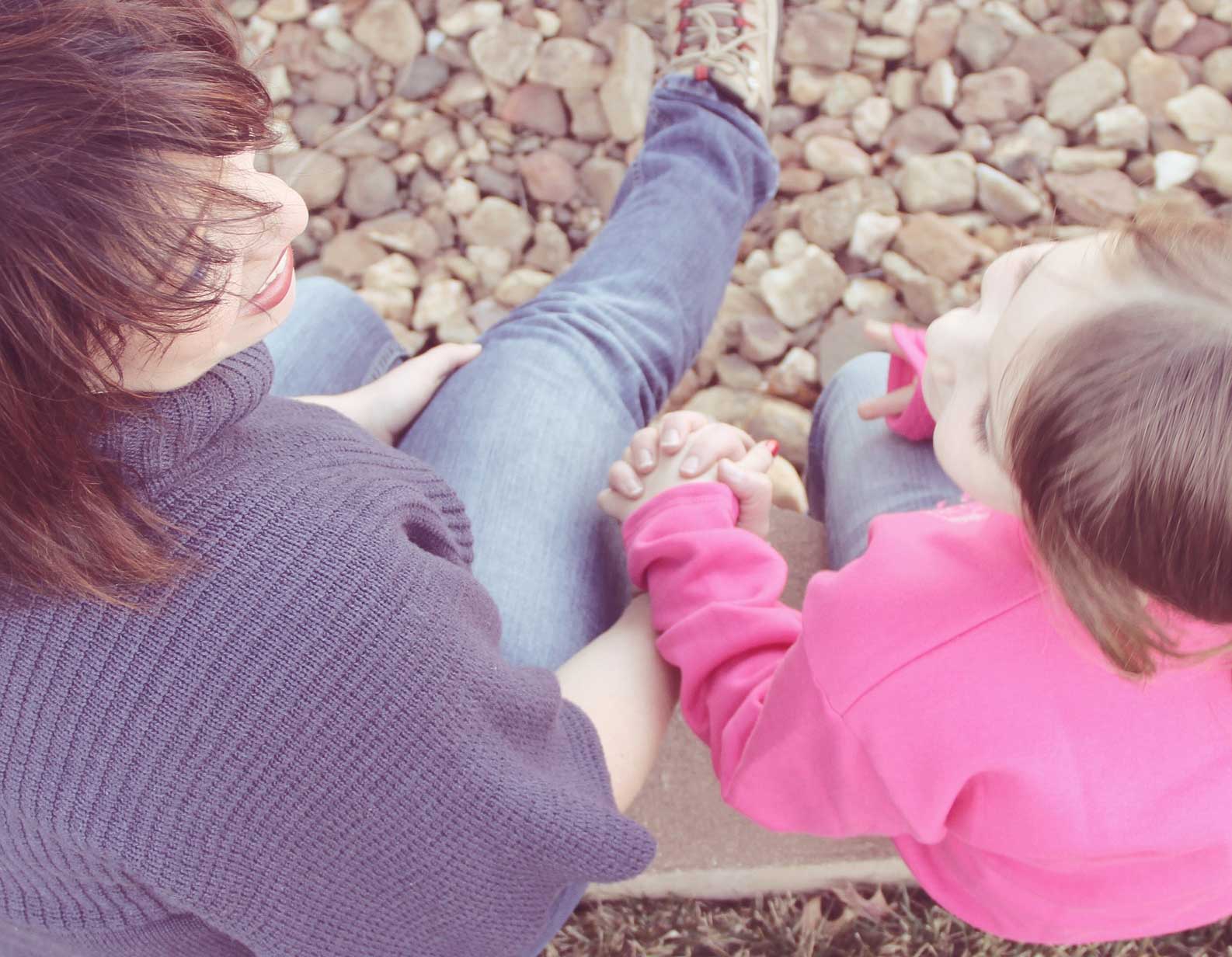by Grace L., Author of Adventures of a Young Wife
Parenting is hard, but add military life to the mix, and you have a whole other set of problems. One of the hardest parenting challenges military families face is deployments. Deployments are a complete disruption of family life. Young children don’t understand why mommy or daddy aren’t coming home at the end of each day. Older children might be angry that their parent is gone and act out. The parent at home is overwhelmed by all the added responsibility. And the worry that comes with deployments about safety, the prolonged absence (typically six or more months away from home), and lack of or strained communications are added to it all.
While parenting through a deployment is hard, there are some ways you can prepare for the deployment to reduce some of the anxiety. Here are the 4 worst deployment parenting problems and how to solve them.

Keeping children and deployed parents connected.
While as adults we expect poor communication, and we can write and read letters and emails, children may not have those skills or know what to expect. But there are ways you can help keep your children, of all ages, connected to their deployed parent.
Solution:
If the child is a baby or toddler, consider getting books with voice recording and have mom or dad record themselves reading the books. You can also do this with stuffed animals that have a voice recording component inside them as well. This way mom or dad can read to them every night, and the children still hear their parent's voice even when they aren’t around. As children get older they can draw pictures or write little things down to include in letters. You can also let them be a part of preparing care packages. Of course, ideally Skype, Facetime, or other video chatting apps will be used as often as possible so the child can see the parent as often as possible. Try to plan some calls for when children are awake, though that's not always easy with time differences, I know.
Dealing with behavior problems when you are overwhelmed.
Having your spouse deployed is stressful enough without children. But when you’re overwhelmed, and then your kid starts acting out because they miss mom or dad, it can be an enormous challenge. While we may recognize why our kids are acting out as a perfectly normal reaction to an extremely hard situation, it does not make it any easier for us to respond instead of react.
Solution:
Try to talk to your children before mom or dad leaves. Let them know that you understand how difficult it is going to be. Try to help them identify their feelings verbally, using a feeling charts. If they understand how they feel, there might be less acting out. If they do act out, try to take five deep breaths before responding to their misbehavior. Taking a few deep breaths will allow you to respond to your child's real issue rather than react out of frustration, exhaustion, or anger.

When mom or dad misses a special event.
It seems unavoidable that if your spouse is a military member, they are going to miss a special event in your life or your children’s lives. Whether it’s their birth, first birthday (or any birthday), school play, recital, or graduation, it's always hard. While it's difficult on us parents, we can understand that our spouse isn’t choosing to miss this event; they don’t have much of a choice. Our kids however, don’t understand this, so it can be even more upsetting for them.
Solution:
Try as hard as you can to make their day special, celebrating however you might. Or, if your children are old enough, and they want to wait and celebrate when mom or dad is home, that's a great solution. Whatever you do, make it special for them. Take pictures and videos to send to the deployed parent, and have the parent do the same for the child.

Handling your children’s emotions when you’re already sensitive.
This challenge is resolved similarly to handling behavior problems in your children.
Solution:
Again, talk to your children about possible feelings the deployment might bring up, especially if this is the first deployment they've experienced. Then let them know you are always available to talk, and consider finding someone who they might be comfortable talking to if that isn’t you. If your child seems overly worried or anxious, try to find ways to distract them from the absence of mom or dad. Provide ways they can manage their feelings, such as coloring books, journals, or physical outlets. Helping them label and express their emotions will prevent some of those behavioral problems. Since your emotions will likely also be high during a deployment, you can model healthy strategies for them. Name your emotions in front of them and then be constructive in dealing with them. Here are some great articles on managing stress in your children and for yourself.
Grace Lipscomb is an Army wife and a family counselor, with an emphasis in marriage and family counseling. She is trying to get her foot in the door to provide services for troops and family members. She is currently a volunteer intern with the Family Life Chaplain at Fort Benning, seeing service members and their families.
Blog at adventuresofayoungwife.com
Facebook: facebook.com/adventuresofayoungwife
Twitter: http://www.twitter.com/young_armywife
Pinterest: http://www.pinterest.com/gracemlipscomb/
Instagram: http://www.Instagram.com/adventuresofayoungwife






